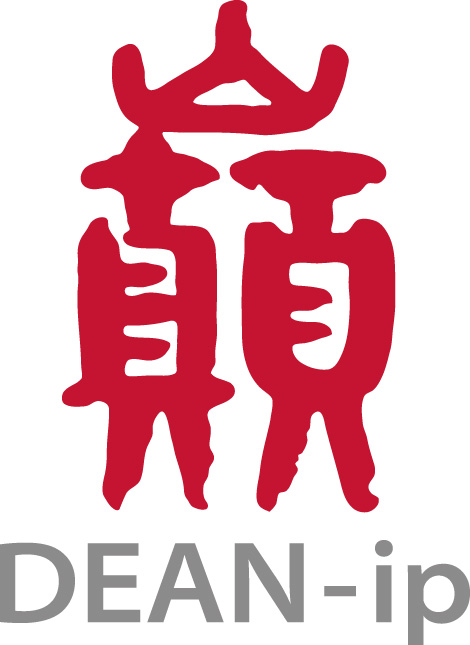“The connection that the Chinese have with Dà Hán is, for example, its proximity to the Chinese New Year, which it heralds. At the same time, Dàhán is the last period of a year in the Chinese lunar calendar. Many Chinese traditions come to light during this time. Dà Hán means the Great Cold, one could also say the coldest time of the year. Xiǎo Hán, 小寒, or little cold, is the solarterm that takes place before it. This cold is naturally perceived differently in different regions in China. I, for example, am in the south of China. Here, the difference between the two types of cold is most noticeable. The god Janus, for example, is the god who opens and closes doors. He stands at a new beginning and at an end. Dà Hán has a similar meaning. When we experience this term in China, we are already inwardly making preparations for the new year. It is quite an eventful time here in China, because the Chinese New Year is always celebrated on a very, very large scale. In addition, the New Year is welcomed with all kinds of traditions. In general, people prepare to get rid of the old dirt and face the new year with full, new energy.”
